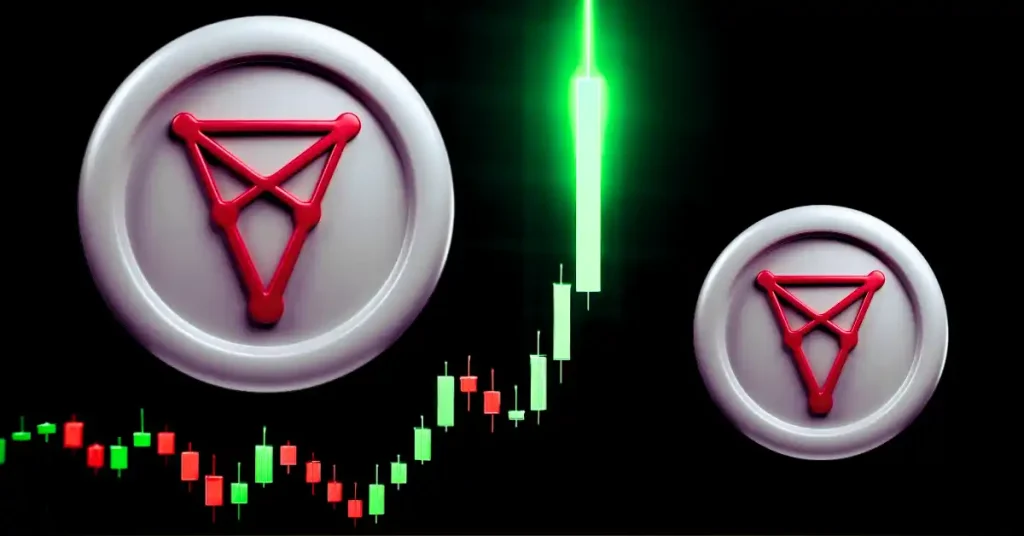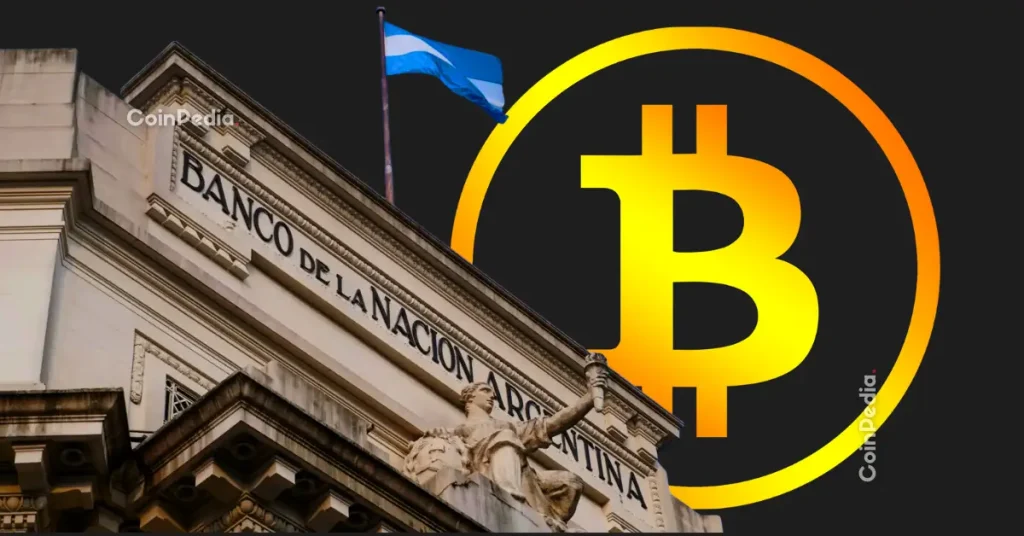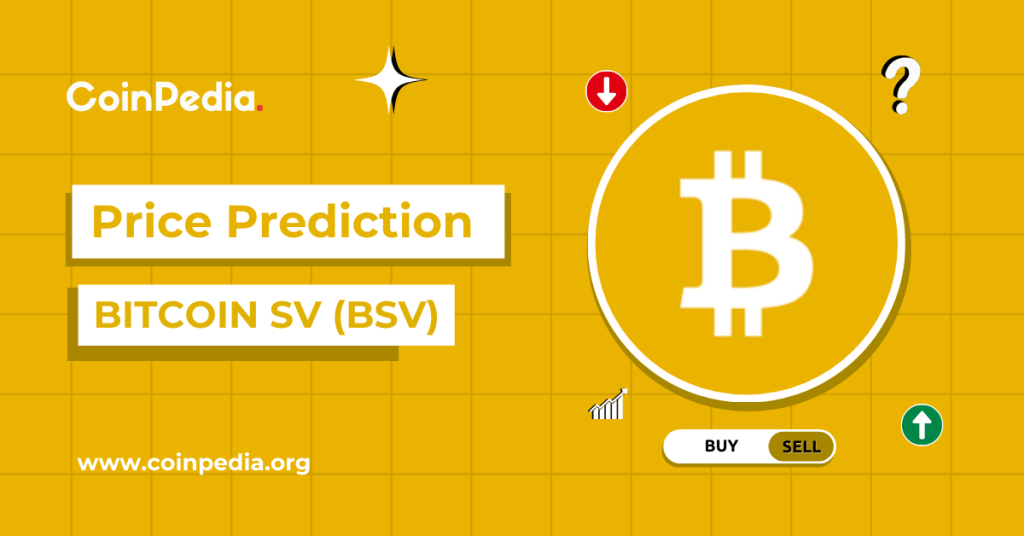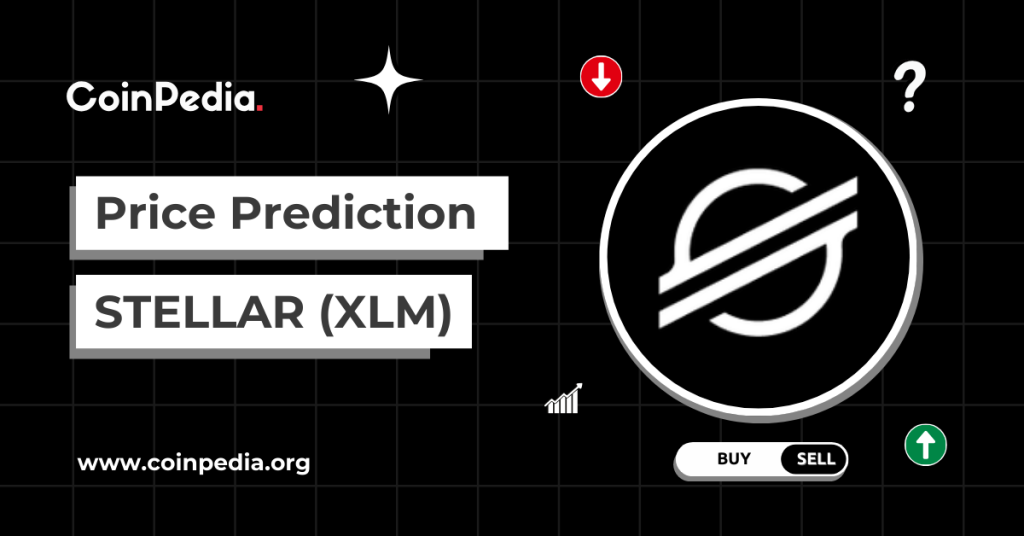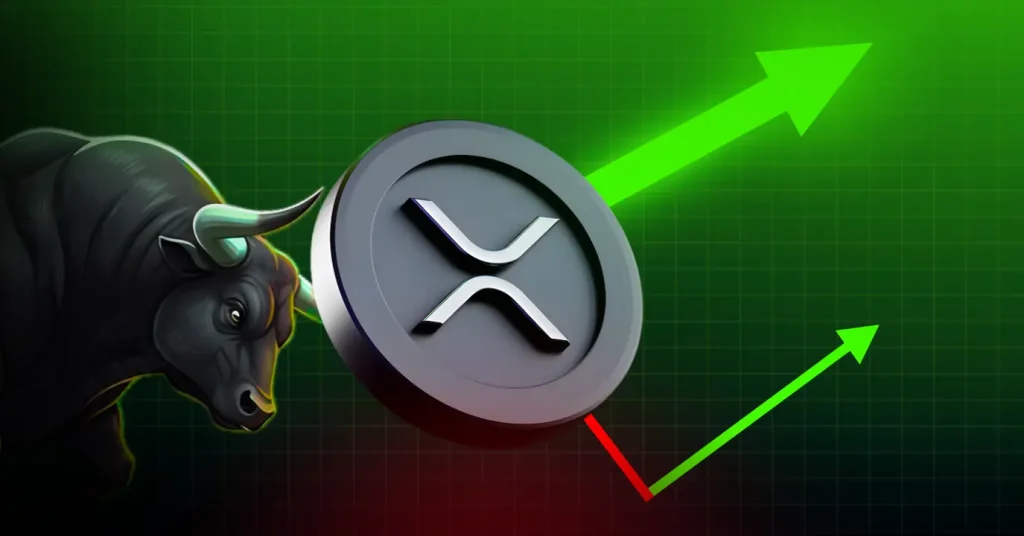Ethereum (ETH), the second-largest digital asset in the cryptocurrency sector, is currently captivating traders’ attention as volatility gauges indicate an intriguing shift in market dynamics. Contrary to the customary pattern, these indicators are suggesting that Ether may experience relatively smaller near-term price fluctuations compared to Bitcoin, according to Bloomberg. This unexpected reversal has injected a fresh element of anticipation and curiosity among investors, who are now closely monitoring the evolving landscape of cryptocurrencies. Related Reading: Shiba Inu Struggles To Initiate A Breakout: Will It Defy Resistance And Rebound? The Bitcoin Volatility Index. Source: T3 Index. Narrowing Gap Between Ethereum And Bitcoin Volatility The T3 Ether Volatility Index, an innovative tool, lies at the core of this phenomenon. It has emerged as an indispensable barometer for assessing and foreseeing price volatility in the Ether market. The data compiled by Bloomberg reveals that the difference in volatility between Ether and Bitcoin, as measured by the 180-day realized or historical volatility, is currently at its smallest since 2020. Furthermore, this difference is only marginally positive, indicating a remarkably close alignment between the volatility of Ether and Bitcoin. The Ether Volatility Index. Source: T3 Index. Caroline Mauron, co-founder of crypto derivatives platform OrBit Markets, told the publication: “Lower volatility typically helps institutional investors to allocate more capital to crypto, as it becomes cheaper to buy protection and manage exposures… the volatility spread compression may drive more exposure to Ether from long-term investors.” Implications Of Ethereum Price Fluctuation The changing flux of Ether’s volatility behavior have significant implications. Notably, the Bitcoin and Ether implied volatility indexes, which rely on options pricing, have experienced declines after reaching recent highs in March. However, Ether’s implied volatility has decreased at a faster pace. Additionally, a broader measurement of cross-asset fluctuations in global markets has also witnessed a decline. The implications of Ether’s changing volatility behavior are multifaceted. The faster decline in Ether’s implied volatility suggests that market participants have become less uncertain or less anxious about the future price movements of Ether compared to Bitcoin. This could be influenced by various factors such as regulatory developments, market maturity, or growing investor confidence in Ether’s long-term potential. ETHUSD trading at $1,812. Chart: TradingView.com Related Reading: Ethereum Whale Resurfaces After 2-Year Hiatus, Stakes $7.4 Million In ETH Furthermore, the broader decrease in cross-asset swings indicates a potential reduction in risk aversion among investors, as they perceive a more stable and predictable market environment. This could impact investment decisions and trading strategies, as market participants may adjust their risk management approaches and allocation of resources based on the evolving volatility landscape. The changing volatility of Ether, as reflected in the Bitcoin and Ether implied volatility indexes and the broader measure of cross-asset swings, highlight the evolving nature of the cryptocurrency market. -Featured image from Coinnounce



